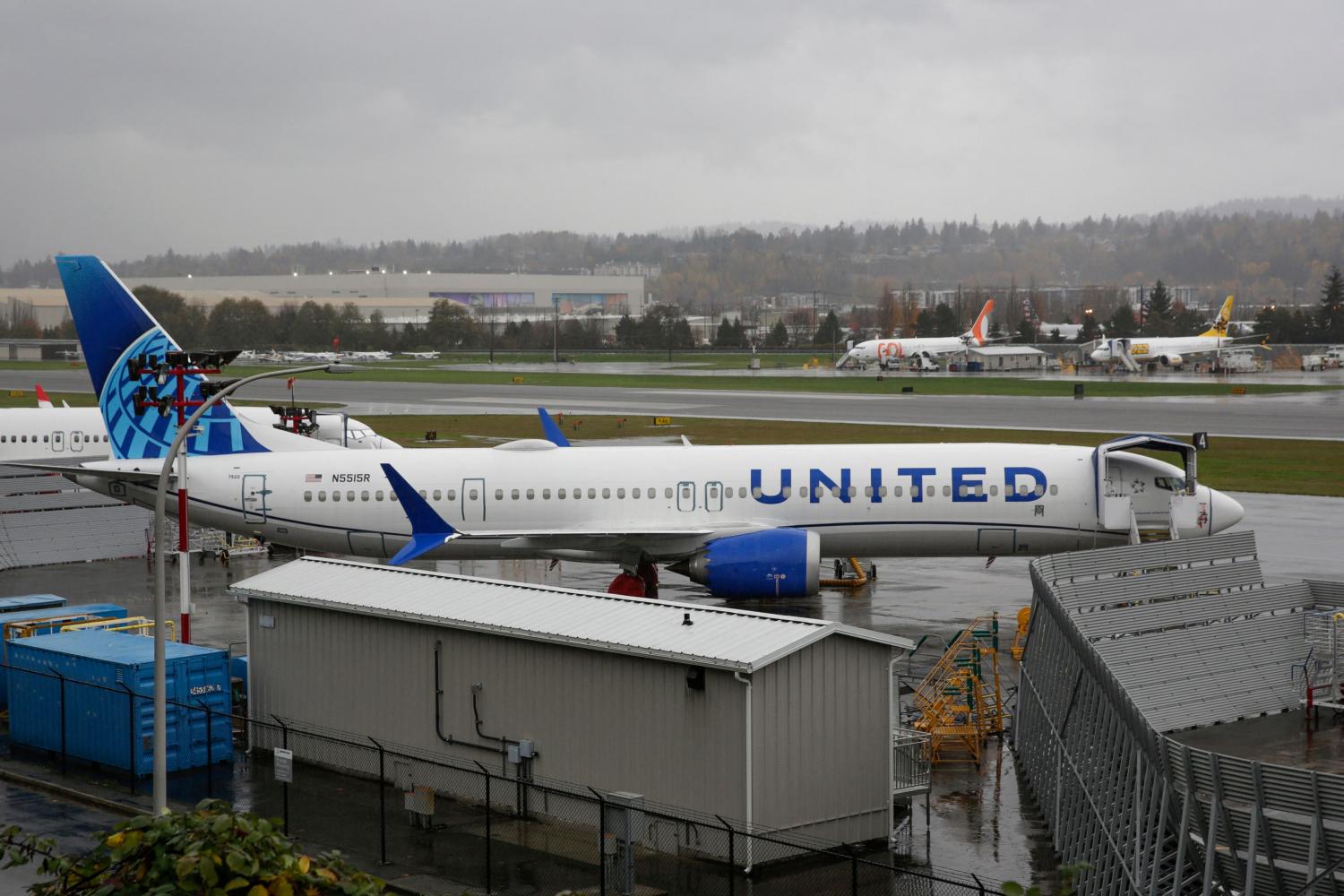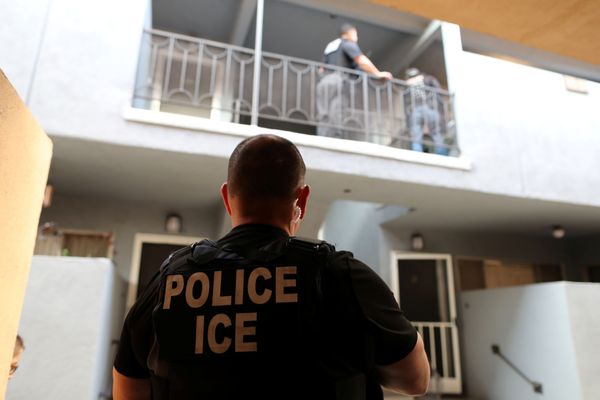
Airlines in need of more pilots and spare parts are increasingly facing another shortage: new jets.
Boeing Co. and Airbus SE are months behind handing over new single-aisle jets often used for U.S. domestic flights or other short-haul trips, constraining carriers' ability to add flights to meet resurgent demand and plan their schedules, according to company executives and industry officials.
"It makes it really hard for our team to plan," Southwest Airlines chairman Gary Kelly said at an aerospace industry event in Washington, D.C., last month.
A Boeing spokeswoman said the company continues to work closely with suppliers to meet its commitments to customers.
In addition to supply problems, Boeing is facing regulatory challenges for its latest two iterations of the 737 MAX.
Both face uncertain futures if Boeing can't win Federal Aviation Administration approval for them by the end of the year. Current federal law would require a cockpit overhaul if the planes aren't approved in 2022.
Airbus declined to comment but referred to recent statements by executives saying they are working through supply-chain difficulties.
The company has noted that it expects meeting its delivery targets this year to be a challenge.
During the worst of the pandemic, demand for new planes plummeted. Would-be passengers stayed home during lockdowns and travel restrictions, prompting airlines to ground much of their fleets and cancel or defer deliveries of new aircraft.
The rebound in travel since then has airlines racing to keep up with demand. Carriers have also been battling to get enough spare parts to keep all their existing planes in the skies.
Boeing's delivery delays are particularly acute for United Airlines.
The Chicago-based carrier had expected 53 of the new Boeing single-aisle jets this year to aid its plan to grow, but only seven new 737 MAX jets had arrived as of August, according to a securities filing and Boeing data.
The 737 shortage has prompted United to reduce frequencies on certain domestic routes and contributed to United's decision to pull out of some smaller markets, people familiar with the matter said.
Chief executive Scott Kirby expressed the airline's frustrations to Boeing executives in a phone call during the summer, people familiar with the call said.
American Airlines CEO Robert Isom this past summer also phoned Boeing executives to express dismay with about two dozen 737 deliveries getting delayed next year, people familiar with the call said.
Airbus appears to be about as far behind in deliveries this year, according to Rob Morris, global head of consultancy at aviation data provider Ascend by Cirium.
Boeing had delivered 246 of its 737 MAX jets as of Sept. 23, compared with 315 of Airbus's A320 family of jets.
Steven Udvar-Házy, executive chairman of Air Lease Corp., said he expects demand for single-aisle jets to exceed the plane makers' supply for at least the next three years.
Air Lease is a major buyer of Airbus and Boeing aircraft, which it leases to airlines around the world.
"It's virtually impossible for them to get anywhere close to what they projected, say, 12 months ago," Mr. Udvar-Házy said at a Sept. 7 conference.
Greece's Aegean Airlines said it is conservatively planning its network for next year in anticipation of continued delays getting new Airbus jets.
CEO Eftichios Vassilakis said the airline wants to try to avoid some of the problems it had this year after receiving only half of the eight new planes it was hoping to get in time for the busy summer travel season.
Airbus has been making ground on handing over aircraft that were parked at its factories waiting for engines.
At the end of June the company had close to 30 so-called gliders. That is now down to single digits, the company said Sept. 23.
CEO Guillaume Faury said last month Airbus expects to face supply constraints in 2023. "It's going to be a difficult year again."
While both plane makers are about equally behind on deliveries, Boeing is further behind on producing new 737 MAX jets than Airbus is with its comparable single-aisle aircraft, according to Mr. Morris at Cirium.
Boeing CEO David Calhoun said the plane maker is pausing its 737 production whenever suppliers run short on parts or provide defective components.
Boeing, in contrast to Airbus, has said it wouldn't produce new airplanes without engines.
In addition to newly minted jets, the manufacturer has been delivering from its inventory 737 MAX aircraft that were stored during a nearly two-year grounding that followed two fatal accidents in 2018 and 2019.
Eight of the 25 737 MAX jets Boeing delivered in August came from inventory, according to Cirium.
Getting the stored MAX jets ready for delivery "requires us almost as many hours to do that as it did to build one in the first place," Mr. Calhoun said last month.
Boeing is also planning to remove engines from stored planes and use them for new jets rolling out of its Renton, Washington factory, people familiar with the matter said.
It was a topic of discussion by Mr. Isom in his call with Boeing executives, people familiar with the call said. The plan was earlier reported by the trade publication Leeham News and Analysis.
The regulatory challenges Boeing is facing with the new 737 MAX versions, the shorter 7 and longer 10 models, could be resolved if federal lawmakers grant the company an extension beyond the year-end deadline.
Without more time, Mr. Calhoun has said Boeing may have to cancel the 737 MAX 10, which has been ordered by carriers including United and Delta Air Lines.
Mr. Calhoun said Sept. 15 he expected the 737 MAX 7 to win approval by year's end.
But an FAA letter sent to Boeing indicated the company was in danger of missing the deadline for that jet, according to the Sept. 19 letter reviewed by The Wall Street Journal and an agency official.
As of Sept. 15, the agency had approved less than 10% of certain safety paperwork filed by Boeing, and the company hadn't yet filed the initial versions of six such documents, according to the letter, which was earlier reported by the Seattle Times.
Boeing said it is focused on meeting all regulatory requirements and that being thorough and transparent with the FAA will be a priority.







